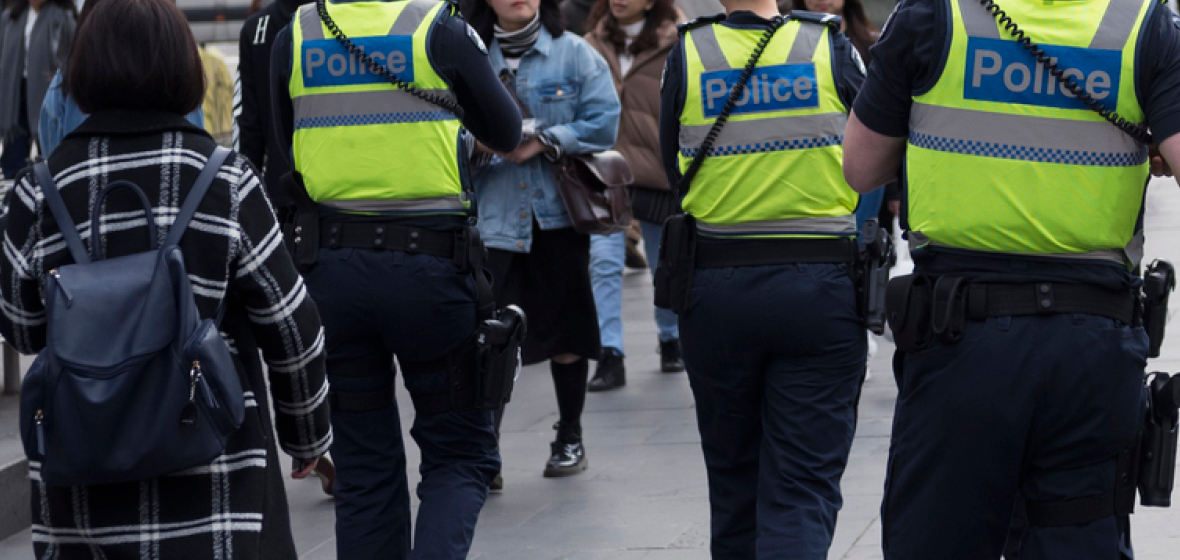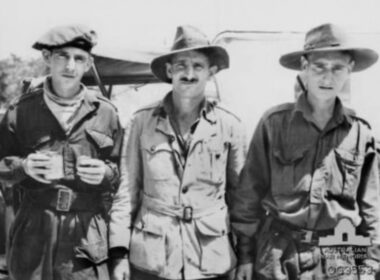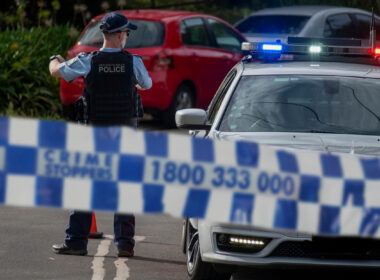Reports by the Law Enforcement Conduct Commission (LECC) on its investigation into strip searches by NSW Police slipped quietly beneath the public eye this month, overshadowed by the COVID-19 news cycle.
The commission handed down five reports into allegations of illegal strip searches by NSW Police on Friday 8 May. The reports were published online at the same time as news was breaking about Prime Minister Scott Morrison’s “three-step plan” to reopen the economy after the nationwide COVID-19 lockdown.
The reports found all five searches investigated had been undertaken unlawfully, and none of them resulted in officers finding prohibited drugs. It was also scathing in its criticism of individual officers’ lack of knowledge of the law governing searches.
“The evidence of all officers was that they had no idea they were committing multiple breaches of LEPRA [Law Enforcement Powers and Responsibilities Act],” one of the reports said. This report investigated the unlawful strip search of a 16-year-old Indigenous boy in the street of a regional town, and later in the garage of a local police station in November 2018.
Another report found police officers went beyond the law when they required a 16-year-old girl to take off her clothes, without a parent or guardian present, at Splendour in the Grass music festival in Byron Bay in 2018. According to evidence provided by the girl, the door flap to the tent area where she was being searched did not close properly, worsening her humiliation and terror.
The reports concluded that police training in the LEPRA was seriously inept and should be reconsidered.
“The current manner in which police are trained in their powers and responsibilities should be seriously reconsidered,” the report into “Operation Mainz” read.
“This investigation demonstrates that whatever educational methods are being utilised by the NSWPF to inform officers of their powers and responsibilities in relation to LEPRA … are not being universally applied in the practice of policing.”




